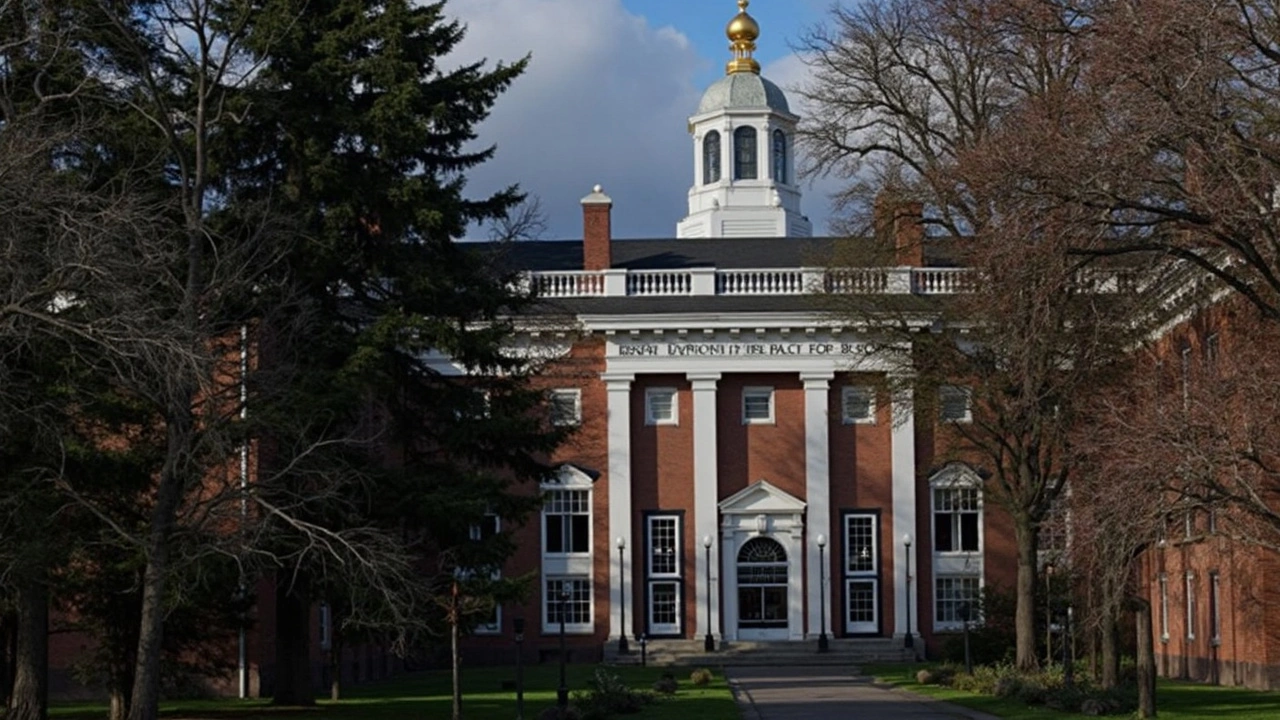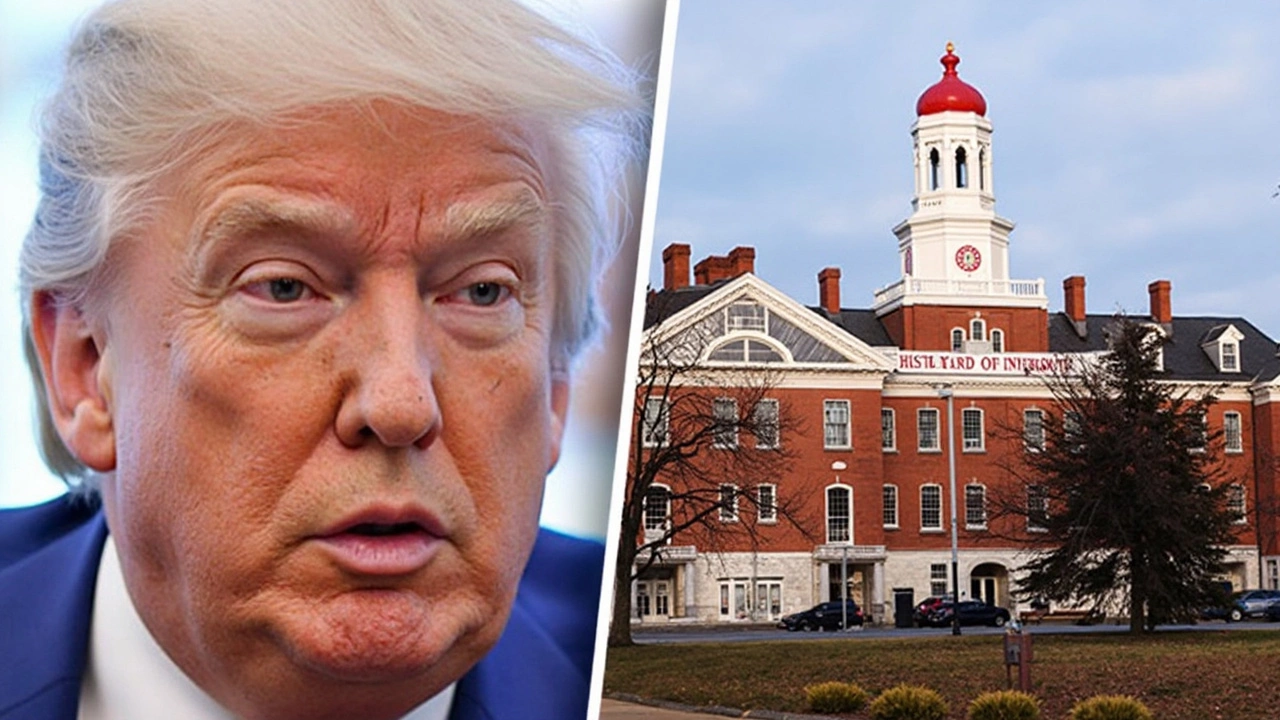Harvard Faces Ban on Enrolling International Students
The Trump administration just took a hammer to Harvard’s global identity: starting in the 2025–26 academic year, the university can no longer enroll foreign students under F-1 or J-1 visas. Homeland Security Secretary Kristi Noem dropped the news on May 22, 2025—making the controversial policy immediately effective and leaving roughly 7,000 international students scrambling for answers.
Why the dramatic move? The government says Harvard repeatedly ignored demands for records about student conduct and activities around campus protests. These requests focused on identifying who was involved and how the university handled discipline. Despite multiple deadlines, Harvard’s answers weren’t enough for federal officials.
In a blunt statement, Secretary Noem called the ability to enroll international talent a ‘privilege’—and said Harvard ‘lost this privilege’ by dodging record requests. This isn’t some quiet bureaucratic spat. It plays into accusations that Harvard is letting antisemitism and ‘woke’ ideas fester unchecked, charges leveled by conservative groups and officials for months.

Campus Upheaval, Global Ripple Effects
To stay in the U.S. with valid status, foreign students at Harvard now have to transfer to other accredited American universities. This isn’t a minor shuffle: about a quarter of Harvard’s student body will be directly hit. Students called the news ‘heartbreaking’ and talked about sudden uncertainty about graduation, research projects, and career paths.
For Harvard, the hit isn’t just emotional—it’s financial, too. International students pay higher tuition: for years, these students have helped balance the books and fund scholarships. There are worries this move could send Harvard’s finances into a tailspin and force bigger changes to programs that depend on international enrollment.
The reaction from state and local politicians has been strong. State Rep. Tram Nguyen slammed the decision as ‘un-American’—and not just for Harvard’s sake. She pointed out that foreign students drive the local economy and make U.S. universities globally competitive in research and innovation. If top-tier schools like Harvard can’t bring in the next wave of international talent, what does that say to young scholars considering the U.S.?
Harvard’s leadership immediately denounced the move, calling it ‘unlawful’ and promising a legal fight. The university’s president argued that complying with the administration’s demand—especially records tied to protests—would threaten free speech and academic autonomy. Faculty and students echoed those worries, warning that the policy could be just the start of a larger crackdown on what universities can and can’t do.
- About 7,000 current international students at Harvard must find new schools or face visa issues
- University officials say the clampdown could cripple research and global partnerships
- Higher education groups see the ban as a warning sign to all American universities
- Some fear the U.S. might lose its edge as the top destination for international scholars
The standoff arrives as colleges everywhere debate how far administrative power can reach when it comes to oversight on campus—especially when it tests the line between security, transparency, and the right to protest. The dispute is still unfolding, and Harvard is readying lawyers to try to overturn the decision. What happens next could shape not just its own future, but the future of international education in the U.S.
